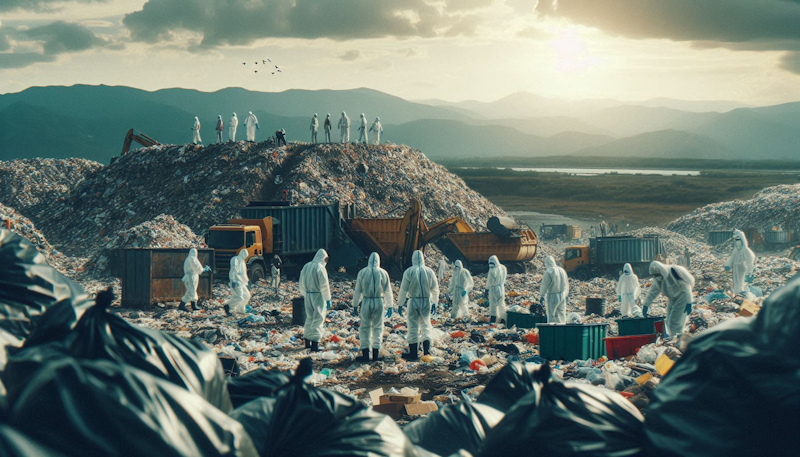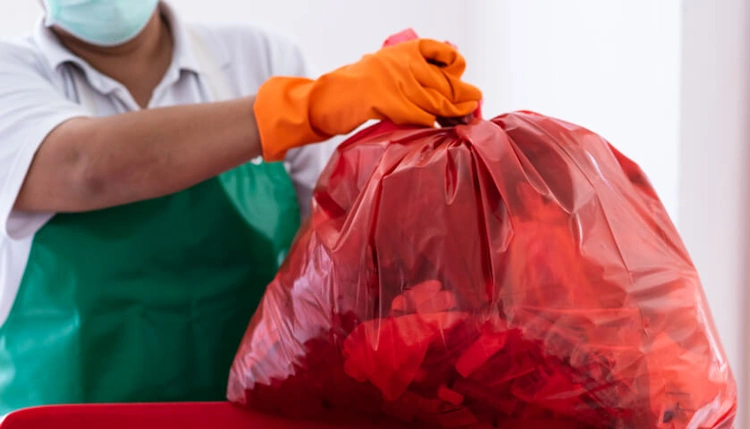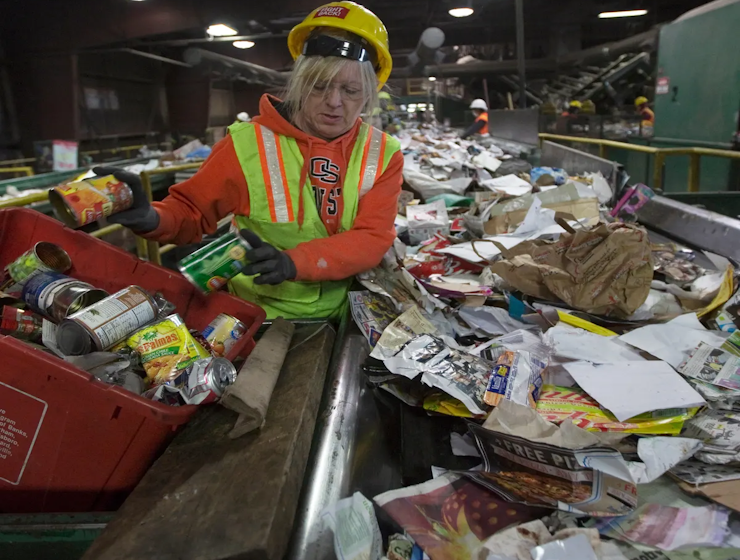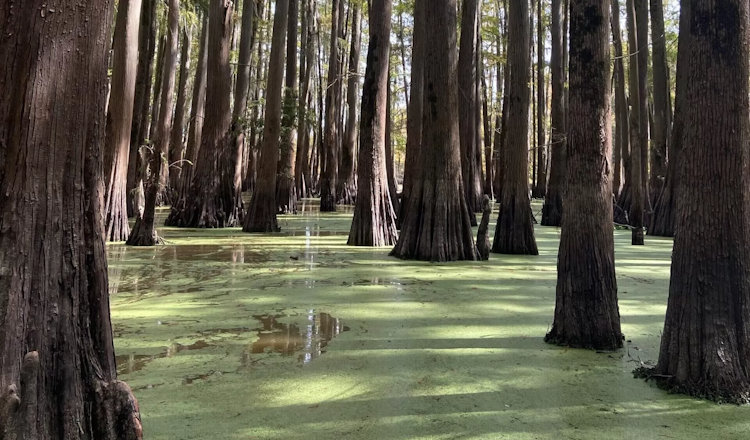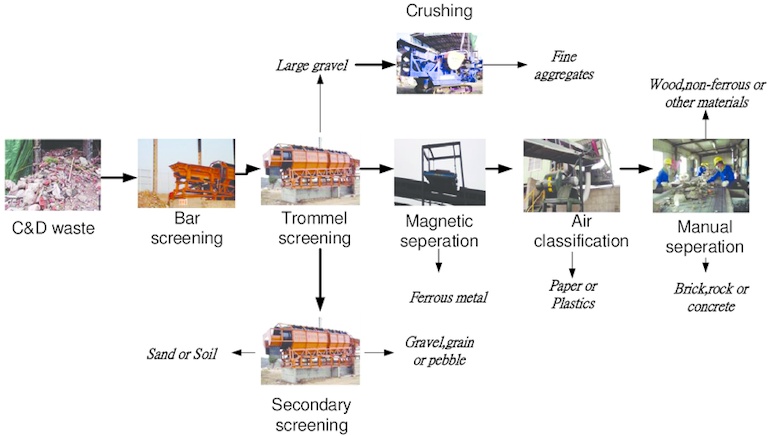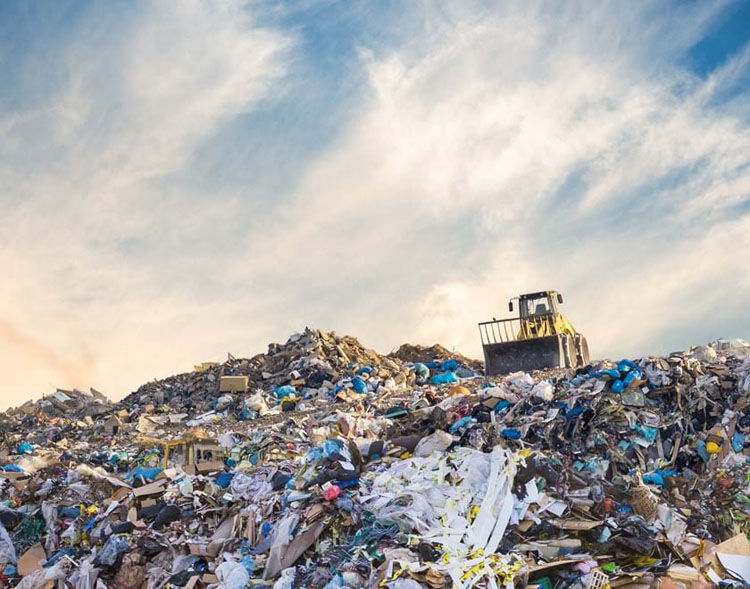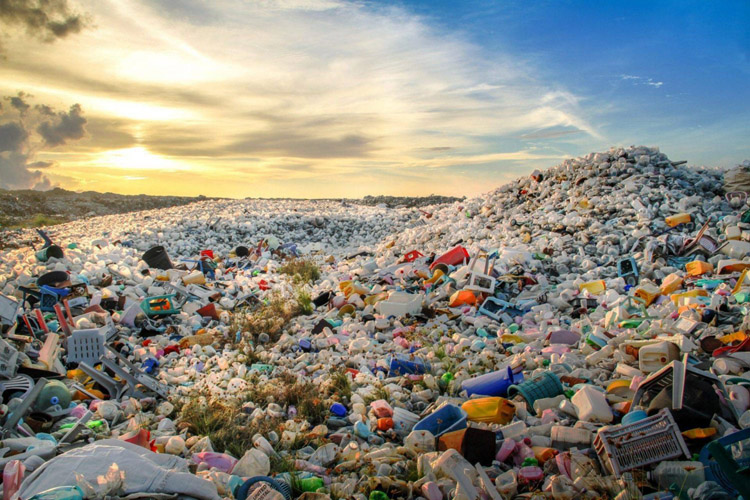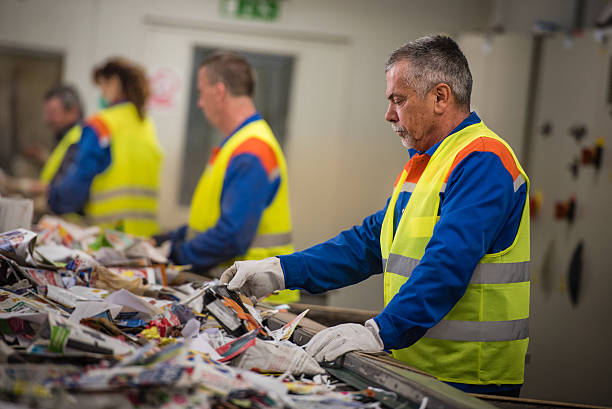The Carolinas, both North Carolina and South Carolina, are home to a lot of pollution, with negative impacts on air quality, water resources, soil health and public health. In Washington and Oregon, the conversation shifts with the topic area but also zeroes in on some of those same issues affecting the region: climate change makes these otherwise local-to-regional challenges worse.
The Carolinas’ mix of urban centers, rural communities and vast coastlines delivers a variety of pollution sources that present diverse problems to protect the environment. Dumpster rental services can help limit these problems to some extent.
Air Pollution
Carolinas health air pollution is a huge problem, particularly in major metropolitan areas such as Charlotte, Raleigh, Kannapolis and Greenville. Common causes of air pollution include smoke emissions from vehicles, industrial processes, and energy generation; more specifically coal-fired power plants. In these activities nitrogen oxides (NOx), sulfur dioxide (SO2), volatile organic compounds (VOCs) and particulate matter (PM2. 5) into the air, which produces low fumes and acid rain gases, leading to increased levels of ozone outer layer in smog.
Ozone is the region’s most widespread pollutant, a gas that enters the environment when NOx and VOCs combine in sunlight. Ozone is a major contributor to smog, and can cause serious health problems, particularly for those with respiratory illnesses like allergies or asthma. By 2023, additional number of days were reported with peak daily average ozone levels greater than the national air quality standard for the pollutant, including the Charlotte metropolitan area in North Carolina.
Fine particulate matter (PM2. 5), which is emitted from human activities (e.g., vehicle exhaust, industrial processes) as well as natural sources (e.g., wildfires). PM2. 5 is a dangerous pollutant because it has small aerodynamic size and can enter the lung to cause respiratory and cardiovascular diseases,
Although air quality in the region has improved over the past several decades, due to more stringent federal air quality standards and the replacement of coal by natural gas in electrical generation, air pollution exposure remains a concern across parts of North and South Carolina. Considering the population increase as well as the expansion of urban areas, air quality management will depend on continuous policies to mitigate emissions from transport and industrial processes.
Water Pollution
The problem of water pollution is most acute in the Carolinas, where sources of pollution range from industrial discharges to agricultural runoff and failing wastewater infrastructure. The streams, rivers, lakes and estuaries of North Carolina and South Carolina are being degraded by pollution that is harming plants, wildlife and potentially imperiling water supplies for public use.
The nutrient pollution that is primarily associated with agricultural activities is one of the most serious water pollution problems in the region.
Fertilizers And Manure Overuse
The excessive use of fertilizers and manure from the livestock farming means a huge amount of nitrogen and phosphorous in water, which encourage the development of weeds, blue-green algae (or cyanobacteria) and other microorganisms. These nutrients fuel the growth of noxious blooms that reduce oxygen in water, generating dead zones where fish and other organisms perish. In North Carolina, the Neuse River has been especially hard hit by nutrient pollution, which has fueled recurrent algal blooms resulting in fish kills and other damage to the ecosystem.
According to those results, industrial pollution in the Carolinas is also a significant factor in water contamination. Among the most high-profile cases were coal ash ponds, which contain toxic waste from coal-burning power plants. In 2014, tens of thousands of tons of coal ash were spilled into the Dan River off a Duke Energy facility in North Carolina, contaminating the water with arsenic, lead and mercury. This caused public and legal backlash and mandated the cleanup of coal ash ponds throughout the state. Yet the long-term effects on water quality and human health remain unknown.
The Carolinas are also grappling with PFAS (per- and polyfluoroalkyl substances). Testing has been prompted by the presence of what are known as “forever chemicals” in drinking water near industrial sites, military bases and manufacturing facilities. One high-profile example is the pollution of North Carolina’s Cape Fear River with GenX, a PFAS from a chemical plant in the region. PFAS are associated with a range of health problems, from cancer to effects on the immune system, and they are an emerging concern in terms of water quality because they do not break down or degrade readily in the environment.
Pollution and Climate change in coastlines
Both the Carolinas have miles and miles of coastline that are susceptible to pollution from a wide range of sources — largely grown on land, but plenty capable of being tracked to the ocean waters. Stormwater runoff is a huge issue for anyone living near the coast – its full of pollutants like oil, chemicals and trash thats going to end up in estuaries and coastal waters. Pollution can also taint tourism in both states, with Myrtle Beach last summer issuing swimming advisories due to elevated bacteria levels some days.
Plastic pollution is among the growing issues on coast. But microplastics, and larger debris as well, are increasingly found in coastal waters and beaches, causing marine life health concerns and dampening environmental aesthetics. Plastic waste harms marine animals like fish, birds and sea turtles when it is ingested or enmeshed.
But the Carolinas have another source of pollution — and climate change is only making it worse, especially at the beach. Saltwater intrusion from rising seas driven by climate change can lead to saline contamination of freshwater resources. Heavy rainfall, caused by hurricanes and brought more frequently by climate change, can overwhelm city stormwater and wastewater systems, leading to toxic spills from industrial facilities as well as agricultural operations.
Soil and agrochemical pollution
Though agriculture is important to the North and South Carolina economies, it also creates pollution. Excessive use of pesticides, herbicides, and fertilizers can lead to contamination of soil as well as water bodies close to it. In contrast, pesticide runoff can endanger human health and wildlife because it accumulates in the food chain and affects biodiversity as well.
CAFOs, particularly in the east of North Carolina have been condemned for their adverse effects on the environment. Since these are very large-scale farms, they produce a large volume of animal waste which cannot be reused; some/most of the waste is leaked into waterways and soil causing nutrient pollution and damaging ecosystems. Hog waste management in particular has been controversial — surrounding rural communities have complained about air and water quality.
From air and water quality concerns to coastal pollution, and agricultural impacts, the Carolinas struggle with plethora of pollution challenges. Although some of these issues have been addressed, such as tightening rules around coal ash ponds and increasing regulations for coal-fired power plants to reduce pollution levels, the environment still faces other hurdles. Curtailing pollution in the Carolinas will likely take new regulations, stronger infrastructure and practice changes as the population increases and climate change escalates.

